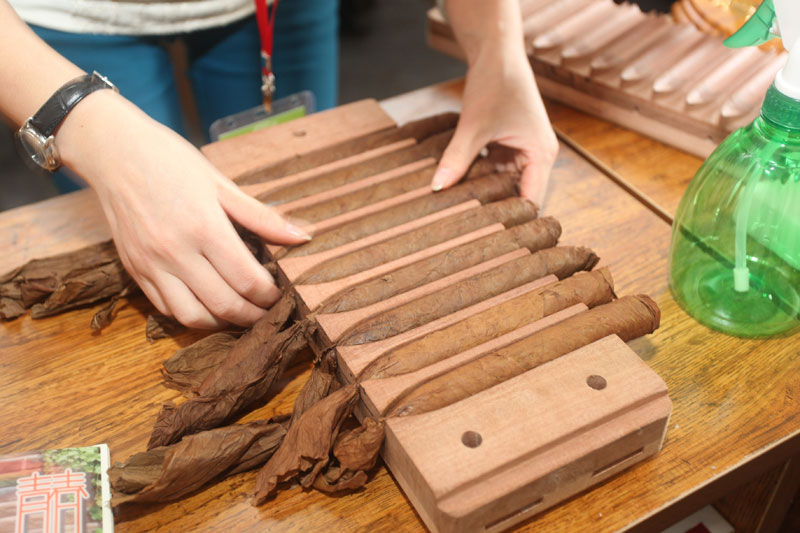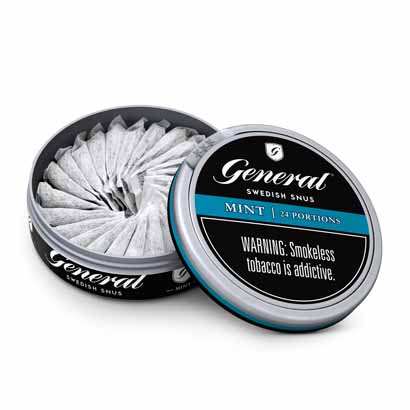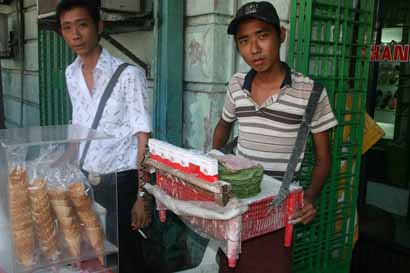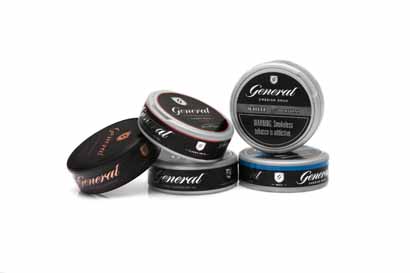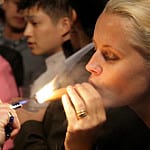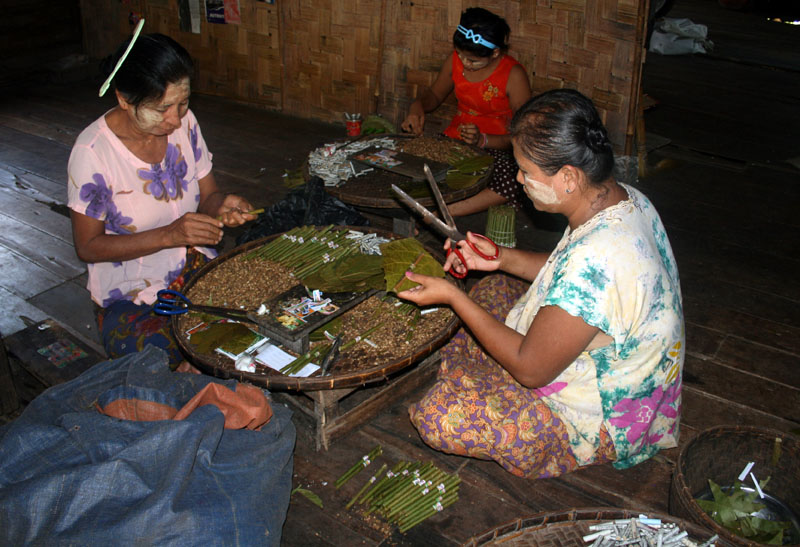The US Food and Drug Administration has issued an advance notice of proposed rulemaking (ANPRM) seeking comments and scientific data related to the patterns of use and resulting public health impacts of ‘premium’ cigars.
In a note issued through its Center for Tobacco Products (CTP), the agency said it was specifically requesting comments and information not previously submitted in response to its proposed deeming rule.
Submissions, it is said, will be used to inform the agency’s regulatory policies.
The note said that, in 2016, the FDA had finalized the deeming rule extending its authority under the Family Smoking Prevention and Tobacco Control Act to tobacco products not already under its authority, including e-cigarettes, cigars, pipe tobacco and hookah tobacco, among others. The rule included provisions making the sale of these products subject to a range of requirements, such as mandatory age and photo-ID checks to prevent illegal sales to minors; warning statements; submission of health documents; and the prohibition on marketing modified risk products without an FDA order in effect.
‘When proposed, the deeming rule put forth two, alternative regulatory options, one of which would have excluded so-called “premium” cigars from FDA regulation,’ the note said. ‘After carefully considering the public comments on the rule, FDA concluded all cigars pose serious negative health risks, and the evidence did not provide a public health basis for FDA to exclude any type of cigars from regulation.’
Mitch Zeller, director of the FDA’s CTP, said all tobacco products, including ‘premium’ cigars, remained subject to manufacturing, distribution and marketing oversight by FDA.
“However, given the ongoing interest from many parties on this issue ‒ as well as the potential for new data on the topic since the deeming rule published ‒ we’re providing stakeholders an opportunity to submit relevant new information that could inform FDA’s regulation of ‘premium’ cigars.”
Through the premium cigars ANPRM, the agency is requesting comments, data, research results, or other information not submitted in response to the proposed deeming rule on topics including, but not limited to:
- ‘The definition of ‘premium’ cigars;
- Use patterns of ‘premium’ cigars generally and among youth and young adults specifically;
- Public health considerations associated with ‘premium’ cigars, including the health effects;
- Studies or information regarding consumer perceptions of the health risks of ‘premium’ cigars; and
- Studies or information on whether any applicable manufacturing, marketing, sale, distribution, advertising, labeling, and/or packaging requirements and restrictions should be applied differently to ‘premium’ cigars compared to other tobacco products, including other cigars.’
The ANPRM will be available for comment from March 26 through June 25.
The ANPRM is one of three previously announced in July 2017 as part of FDA’s comprehensive plan on nicotine and tobacco regulation,’ the note said. ‘Earlier this month, FDA published the other two ANPRMs, “Tobacco Product Standard for Nicotine Level of Combusted Cigarettes” and “Regulation of Flavors in Tobacco Products”.
‘The comprehensive plan serves as a multi-year roadmap to better protect kids and significantly reduce tobacco-related disease and death.’

